How Machine Learning and AI Will Affect Marketing in 2020
Technology continues to evolve marketing initiatives. Here’s how machine learning and AI are used in marketing and how they can help bring in more leads.
Cool Fact: 63% of people have no idea they’re already working with artificial intelligence daily. Odds are, so are you.
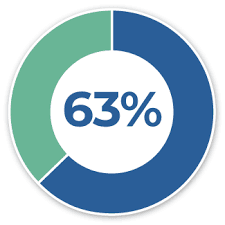
Artificial intelligence (AI) has already been widely implemented in areas like marketing, customer service, and sales. Research suggests marketing automation alone has already grown to a $1.65 billion industry. But what does this mean for you?
Companies that implement machine learning and AI get better results. This places them above their competition and helps increase their bottom line. This is something every company wants.
The future of AI is bright, but people still have many questions on how it actually works. Continue reading to learn everything you need to know about machine learning and AI.
What is Machine Learning?
Machine learning is how AI looks at massive amounts of data and uses it to learn how to solve a range of complicated problems. This is a major feature of AI that allows machines to learn content they weren’t programmed for. The process used is called ‘deep learning.’
Deep learning is possible thanks to a neural network system designed to work in much the same way as human brains.
Essentially, a machine is given a bunch of data. Without any human interaction, the machine, which is non-biased, learns how to recognize patterns and make independent statements. The machine will thus be able to provide more accurate estimations on the type of issues the given data presents.
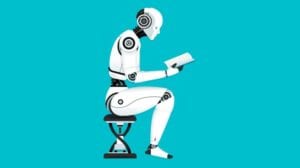
What is Artificial Intelligence?
Artificial intelligence (AI) is the result of machine learning and other key components. Basically, AI refers to machines and devices which simulate intelligent human interactions.
These interactions can be between two machines but usually, AI refers to the direct interaction of a machine and person. Thanks to natural language processing (NLP), these human-machine interactions are becoming more natural.
Intelligent voice activation systems are a prime example of how machines use NLP. These include processes like Siri and Alexa.
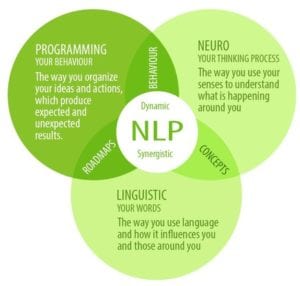
The Connection Between Machine Learning and AI
The terms “machine learning” and “AI” are often used interchangeably. But, they aren’t the same thing. Machine learning is one of the ways AI learns to complete tasks in a human-like fashion.
How is AI Used For Marketing?
AI has so many marketing applications it would be hard to list all of them. At its core, machine learning and AI help empower marketers by opening new doors. It’s helping pave the way for better customer relations and increased marketing opportunities.
AI is also increasing brand competitiveness. It does this by consuming data, processing it, and expanding its potential applications. A few of the specific ways it does this include:
- Tailoring marketing comparisons
- Creating an interactive, personable website design
- Reaching further digital advertisement platforms
- Reacting intuitively to current customer demands and interests
But this isn’t all. Artificial intelligence doesn’t just occupy a piece of marketing’s future. It is the future of marketing.
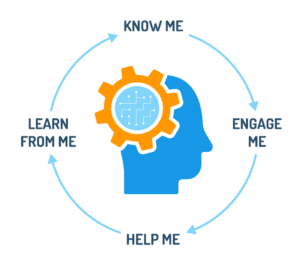
Many companies have already realized the potential of machine learning and AI. An incredible 68% of company CMOs have already incorporated AI into their operations or plan to soon. Another 55% of companies said they believed AI would have a greater impact on marketing in the future than social media.
Can AI Help Me Capture Leads?
Leads are the lifeblood of marketing. Artificial intelligence plays a huge role in helping marketers capture leads. Not just more leads, but more efficient ones.
How does machine learning and AI play a role in capturing leads? Many ways. Two factors of AI play the largest role.
First, AI can adapt and create content based on what the individual consumer wants or enjoys. When a person interacts with your website, they’ll have an individual experience. This experience is tailored specifically for them.
When customers get a custom-tailored experience, they’re more likely to choose your product or service. They’ll be presented with informative content that engages them every time they visit.
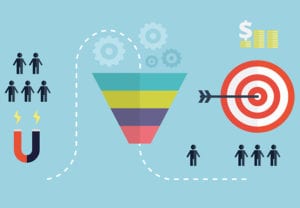
The second way AI helps companies capture more leads is through customer service. Customer service becomes more streamlined, efficient, and fast when AI is incorporated. Chatbots are a perfect example of this.
Chatbots are designed to respond to a customer automatically, based on provided keywords. In 2017, 34% of customers reported preferring chatbots to human agents. For companies, these intuitive applications cost less and work faster.
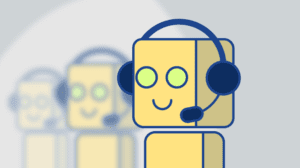
6 Major Ways AI Will Have a Greater Impact on Marketing in 2020
It’s one thing to understand how artificial intelligence can be used. But how is it going to have a greater impact on marketing in 2020? The six major ways listed below are how marketing will be affected by machine learning and AI in 2020.
1. Better Social Media Advertisements
Recently, three major social media networks researched the way users perceived ads. These networks included Facebook, LinkedIn, and Twitter. They took their findings and applied them to the creation of a new algorithm.
This algorithm update has changed the way consumers view advertisements on their networks. Using information obtained on consumer preference, ads are shown to consumers who will most enjoy them.
Marketers can use this new formula to make better advertisements. By using current capabilities to target the right consumers, ads become more effective. They’ll gain more positive interactions.
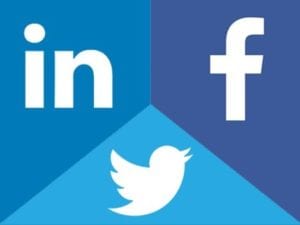
At the least, intuitive social media advertising will better entertain potential customers. If done correctly, this can increase click-through rates and lead generation. This leads to more sales potential and a higher return on investment (ROI) for these forms of ads.
2. AI Automated Email Marketing
Email marketing has always been one of the most personalized forms of marketing. It has been comparatively easy to make emails personalized through basic segmentation practices. But what about taking this one step further?
Artificial intelligence can discover the most relevant products to individual consumers. This data can be applied to optimize every email sent by your company. Through automation, these personalized emails can be sent without human input.
This year companies will likely use a combination of AI automated and manual email marketing. Eventually, AI automation capabilities will likely take over manual email marketing entirely.
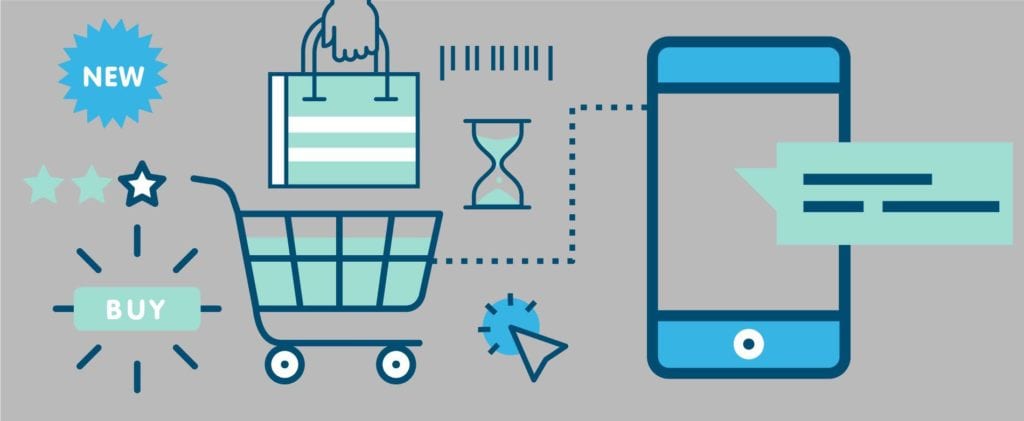
3. AI Predictive Analysis
Machine learning and AI allows for faster, more accurate insights and predictions in terms of productivity. The drawback is that predictive analysis is only as accurate as the data it’s fed. Still, its fast power is unrivaled and will continue to become more accurate in the future.
These insights help companies gain a competitive marketing edge by allowing for better-informed decisions. Predictive analysis will pave the way for new marketing concepts thought impossible before.
4. Website and Application Customer-Personalized Experience
This was briefly touched on earlier as a way artificial generates leads. Still, it bears mentioning in more detail.
Why? It’s one of the most important ways AI is shaping the future of digital marketing.
To create a customized experience, websites and applications use predictive analysis. This model of website integration improves the customer experience by providing quality content on all fronts. Customer service interactions are also improved.
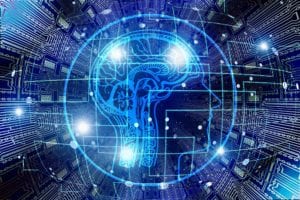
Under this model, a long-term customer will see in-depth information on products or services they’ve shown the most interest in. The data used to make this educated assumption will be based on several things. This includes keywords used, pages visited, and purchases made.
But what about a new customer?
When a person visits your website the first few times, they’ll be engaged with information to keep their interest. This might include information on the website’s best selling products. It might also be based on the keyword search that brought the customer to your website.
5. AI Content Development and Curation
Through deep learning, some AI programs have become able to create human-like content. This is done through tracking data and language structure present in articles written by people.
The developed content is guaranteed to attract more customers because it’s developed specifically for what they want to know. The customer remains engaged because they’re offered a wide range of more entertaining content.
6. Social Media Image Recognition
Written content isn’t nearly as powerful without complimenting visuals. This is especially true on social media, where Facebook posts are more than twice as likely to engage consumers if they contain a picture. Tweets containing pictures are retweeted 150% more often.
Not just any image will do and it can be difficult for marketers to decide which image will best engage their target audience. Enter artificial intelligence.
Certain AI programs can look at specific characteristics of images to determine what viewers like best. Using this data, machine learning and AI can either:
- (A) choose the best image or
- (B) offer insights on how well an image will perform.
Learning More About Machine Learning and AI
Do you want to learn more about machine learning and AI? Contact us today. One of our associates would be more than happy to assist you.

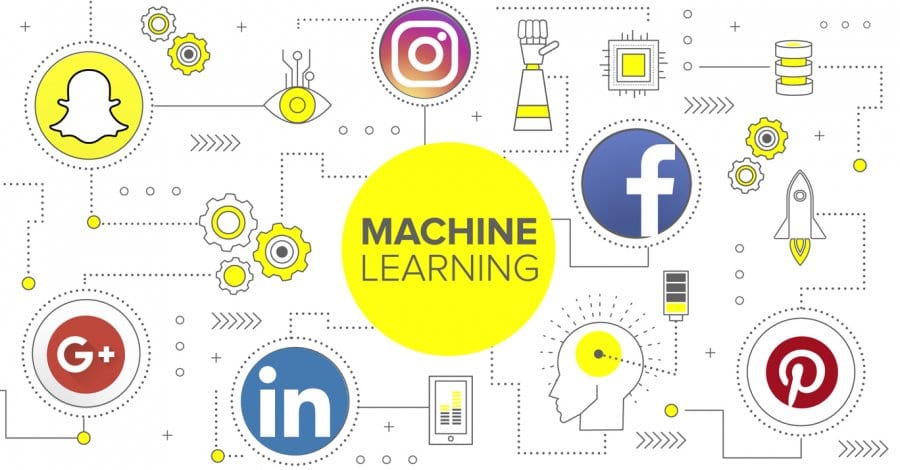
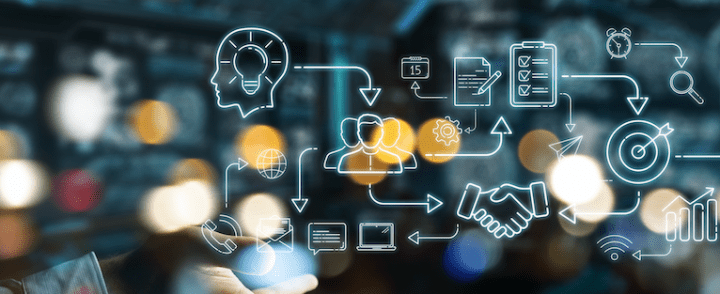

Comments are closed.